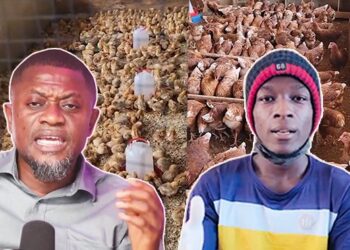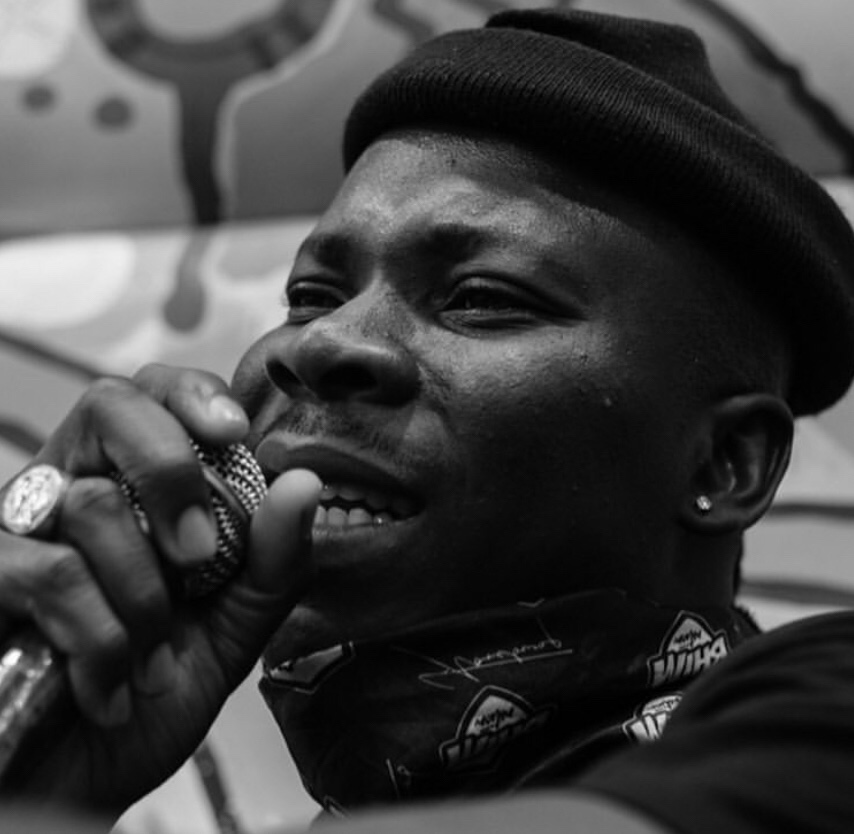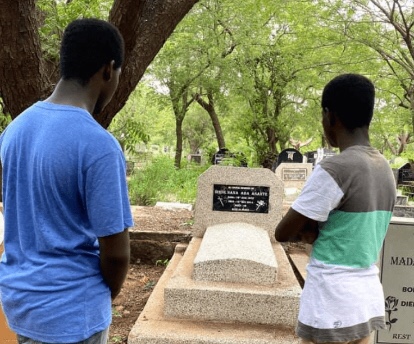Abu the Farmer: From Engineering Dreams to Sustainable Farming in Ghana
Abu the Farmer is a Ghanaian agriculturist who lives in Kwabenya but operates his farm in the Afram Plains. His work focuses on sustainable agriculture, and he currently rears goats and sheep, with plans to introduce cattle soon. To support his livestock, he cultivates grass as feed and uses animal droppings as natural manure to enrich the soil.
In an interview with DJ Nyaami on SVTV Africa’s Daily Hustle GH show (Business Link segment), Abu revealed that he avoids harmful chemical use on his farm. Instead, he opts for natural alternatives like Kantanka weedicide, maintaining a more organic and eco-friendly farming system. According to him, many illnesses today stem from the chemically treated food we consume, yet Ghana lacks strong regulatory systems to monitor and control the use of harmful substances in agriculture.
Abu once ventured into baking during his time at legon Campus, where he experimented with sweet potato bread to reduce sugar content and increase fiber. However, due to inflation and rising fuel costs, the bakery project became unsustainable, prompting him to reinvest his limited capital into farming.
He began farming in 2015 but paused for a while to pursue a degree in petroleum engineering. When things didn’t work out financially, and after some spiritual reflections—fueled by dreams about farming and inspiration from his father who once herded sheep—Abu decided to educate himself and commit to agriculture full-time.
He believes farming in Ghana is profitable, though it often feels like a punishment due to the lack of support. “A farmer can’t become a doctor, but a doctor or lawyer can become a farmer,” he said, emphasizing that everyone has a role to play in food production.
His first major farming project was in 2003 when he cultivated maize on a dry piece of land. Despite the poor condition of the soil, the harvest was successful. He was later asked to lease the land for three years. Encouraged by his success, he reinvested his profit into acquiring more land, cleared 20 acres with a bulldozer, and expanded into large-scale maize farming, which yielded positive results. He later diversified into cassava farming, which he still does today, encouraging those without irrigation to consider it due to its resilience and profitability.
Abu currently employs seven workers on his farm. He notes that farming is capital-intensive and requires dedication. He cautions that hiring people without supervision can lead to mismanagement and losses. “Within two years, I’ve been able to build assets and I’m still growing,” he shared.
To him, field education is critical, and farming should be taught as a respectable and viable career. “Village kids are being misled to abandon farming for city jobs, but if food were affordable, fewer people would leave the rural areas. When farming becomes easier and cheaper, life will also be easier,” he concluded.
Watch The Video Below:

















